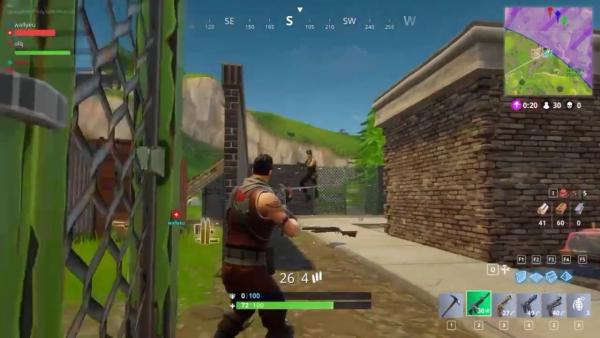Unless you prevent them, a lot of kids are going to pretend to fight. And even more will do sports. And apparently even more than both play communal combat games such as Fortnite, Overwatch, and PlayerUnknown's Battlegrounds, among others.
A new paper posits that there may be an evolutionary anthropology reason for it. Kids may have learned to play because it was first a teaching tool in hunter-gatherer cultures. They didn't have books or schools, they had practice for hunting and war, and survival meant starting such learning at an early age. Perhaps such coalitional social play could have become the basis for team sports and a desire to simulate combat instead of taking risks waiting for the the real thing.
It would just be speculation, except the authors of the paper matched it to the hunter-gatherer record by generating a list of eight motor patterns regularly used in forager warfare and then identifying 100 culture clusters containing forager societies (using George P. Murdock’s Ethnographic Atlas) to find descriptions of this kind of coalitional play fighting, games played in teams, which used Catching, Dodging, Grappling, Kicking, Parrying, Running, Striking, Throwing. You can find these in everything from handball to hockey.
Hunter-gatherers were busy surviving so they did not log box scores the way newspapers do for baseball games, but they found enough descriptions of team play to glean that 39 of the 100 culture clusters used at least four of the eight predicted motor patterns.
The authors believe their finding is not an artifact created by bias - that they might be seeing a pattern in the past based on modern life, the way you might see a horse in the clouds - and might be why it seems like men have a more instinctual desire to engage in combat, the real and the play kind.
A sample table. Source: 10.1007/s12110-018-9319-1 Supplement



